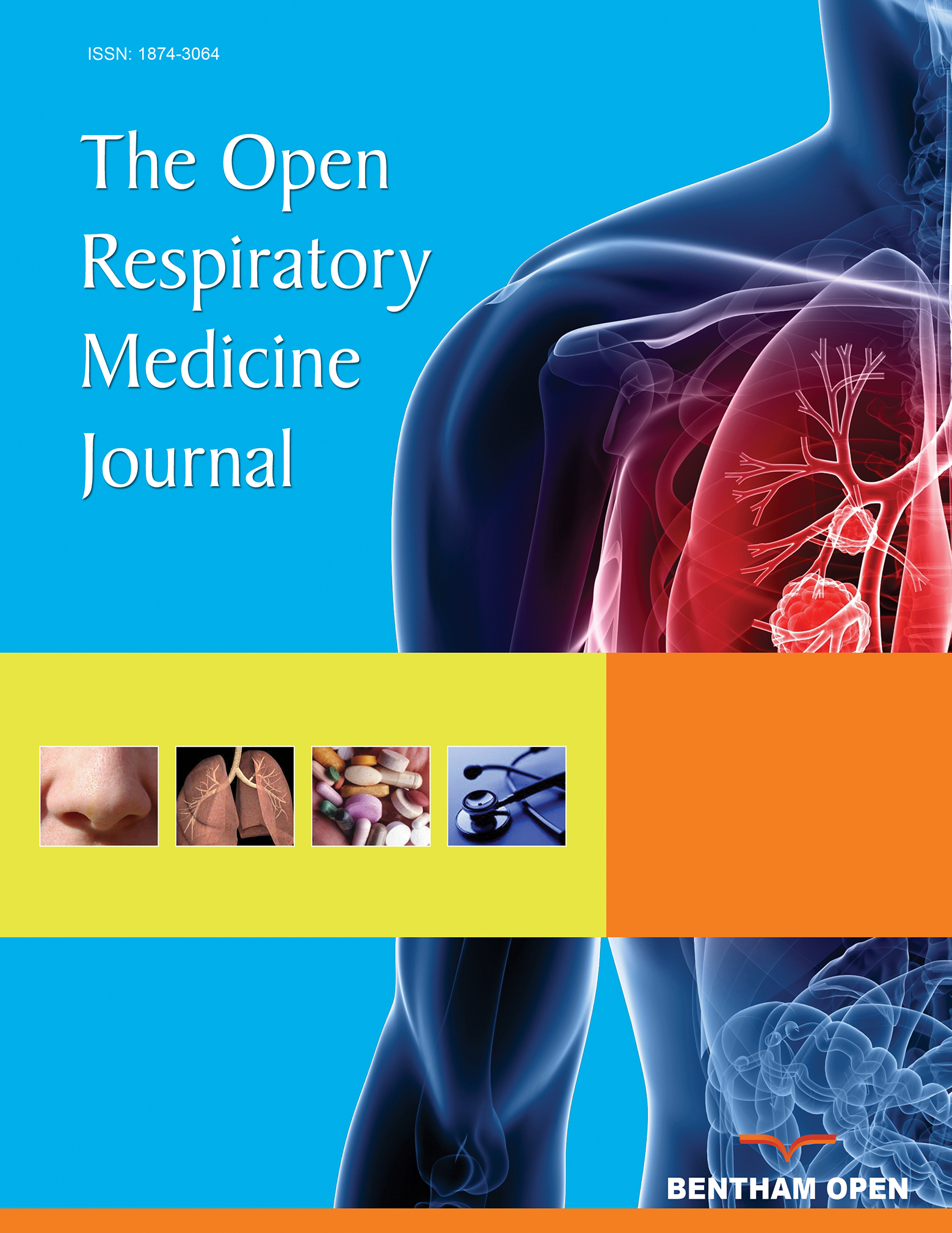All published articles of this journal are available on ScienceDirect.
Changes in Clinical Markers During A Short-Term Transfer Program of Adult Cystic Fibrosis Patients from Pediatric to Adult Care
Abstract
Background:
Transition from child-oriented to adult-oriented health care in Cystic Fibrosis (CF) has become more important over recent decades as the survival of people with this disease has increased. The transition process usually begins in adolescence, with full transfer completed in early adulthood.
Objective:
This study investigated the impact of a short-term transfer program on clinical markers in an adult CF cohort still being managed by pediatricians.
Methods:
Clinically relevant data from the year before (T-1), the time of Transfer (T) and the year after the transfer (T+1) were analysed retrospectively.
Results:
39 patients (median age 29.0 years; 64% male) were transferred between February and December 2016. Lung function had declined significantly in the year before transfer (in % predicted: Forced Expiratory Volume in 1 second (FEV), 62.8 vs. 57.7, p <0.05; Forced Vital Capacity (FVC), 79.9 vs. 71.1, p<0.05), but remained stable in the year after transfer (in % predicted: FEV: 56.3; FVC 68.2). BMI was stable over the whole observational period. There was no relevant change in chronic lung infection with P. aeruginosa, Methicillin-Resistant Staphylococcus aureus (MRSA) and Burkholderia sp. during the observation period. The number of patient contacts increased significantly in the year after versus the year before transfer (inpatient: 1.51 vs. 2.51, p<0.05; outpatient: 2.67 vs. 3.41, p<0.05).
Conclusions:
Our data show that, within the framework of a structured transfer process, it is possible to transfer a large number of adult CF patients, outside a classic transition program, from a pediatric to an adult CF center in a short period of time, without any relevant changes in clinical markers and, stability.


